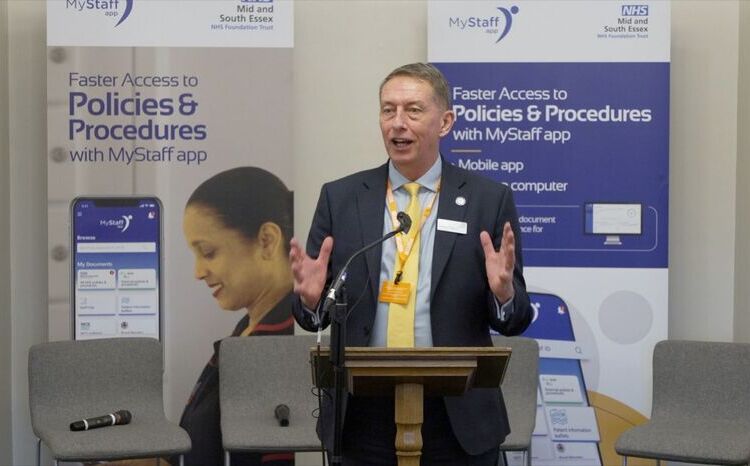QoF should tackle health inequalities – MPs
- 17 March 2009
The Quality and Outcomes Framework needs radical revision to fully take account of health inequalities, according to MPs.
A report on health inequalities from the House of Commons Health Committee recommends that tackling health inequalities should be an explicit objective during annual QoF negotiations. It says this objective should also have measurable characteristics which could be evaluated over time.
In the report, MPs echo observers who have been calling for more reward for outcome rather than process in the QoF, recommending that more points should be awarded for success with smoking cessation rather than just identifying that someone is a smoker.
The Committee heard that evidence from the QoF showed that GP practices in deprived areas were performing well and had caught up with the performance of GPs in more affluent areas. However this was described as a fortuitous "side effect” of QoF and that the QoF had not been specifically designed to tackle health inequalities.
The report says: “It is clear that the QOF needs radical revision to fully take greater account of health inequalities and to improve its general focus on the product of patient health.”
Although health in the UK is improving, health inequalities between the social classes have widened over the last 10 years, increasing by 4% amongst men and by 11% amongst women.
The report acknowledges the government’s commitment to tackling health inequalities. But it criticises the government for launching too many policies without evaluation of their effectiveness.
It urges the government to introduce its forthcoming vascular screening programme with great care so it does not miss the opportunity to make sure it is rigorously evaluated for effectiveness and cost-effectiveness.
The Committee also found that although the neediest PCT will receive 70% more funding than the least needy in 2009-10, too many PCTs have not received their full needs-based allocation. It recommends that the DH should move quickly to put this right.
Peter Smith, professor of health economics at York University, told MPs that another major area for improvement was data about relative population needs.
“At the moment, the researchers who developed the formulae are very hamstrung by the limited data they have available,” he said.
“In other countries, which have universal electronic records of their citizens, they can work out which citizens should be allocated more expected finance than others, and so, from an individual perspective, they can create, if you like, almost an insurance premium.”
MPs also argue that the focus on health inequalities in the NHS should include secondary as well as primary care and that a forthcoming inquiry into health inequalities should focus on how initiatives such as Payment by Results and Standards for Better Health might address health inequalities.
Other recommendations in the report include a call for the government to commission a study of how much PCTs spend on health inequalities and greater joined up working between PCTs and local authorities.
Useful links:
Health Committee report on health inequalities
Related articles:




